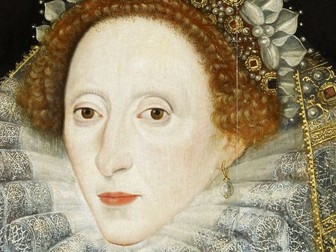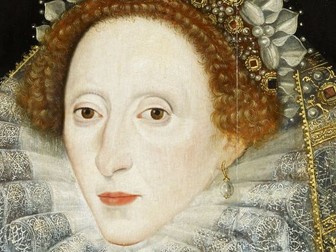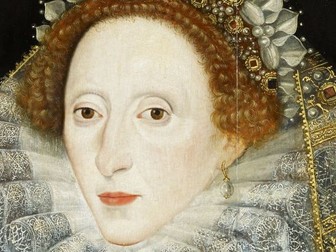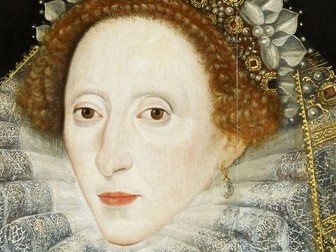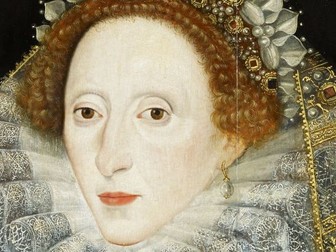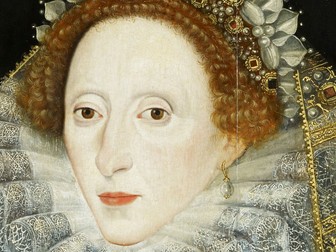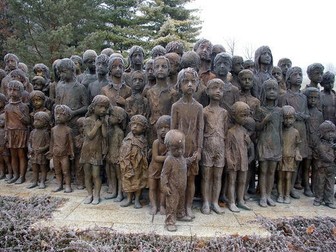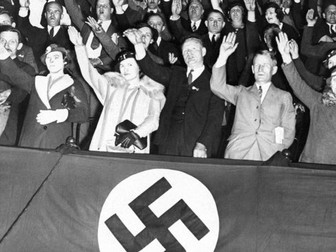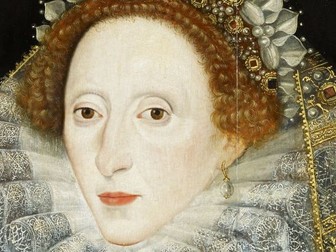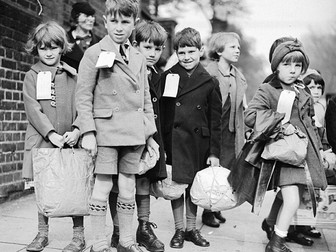New GCSE 9-1 The Cold war: Detente
<p>Fully resourced double lesson. This was planned as part of the GCSE Cold War unit. This lesson is the first lesson looking at the end of the Cold War. Students will already have studied the Cold War 1945 – 1968. This lesson starts by considering the key events of Detente and asks students to complete a matching exercise to consolidate their understanding. Students then go on to plot these events, considering how dangerous each was to communism.</p>

